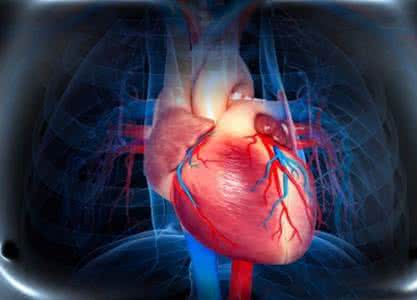Researchers at The Ohio State University Wexner Medical Center have found that the human heart has a fail-safe, backup "battery" system that regulates heartbeats. Over 200,000 people in the United States have a pacemaker implanted each year. This translates to an average of an implant about every two and a half minutes.

The heart's natural pacemaker, known as the sinoatrial node, consists of a battery back-up system with three regions of pacemakers acting as batteries. It also has up to five conduction pathways acting as wires to connect the signal to the heart atria. These findings may help considerably reduce the number of people who need mechanical pacemakers.












